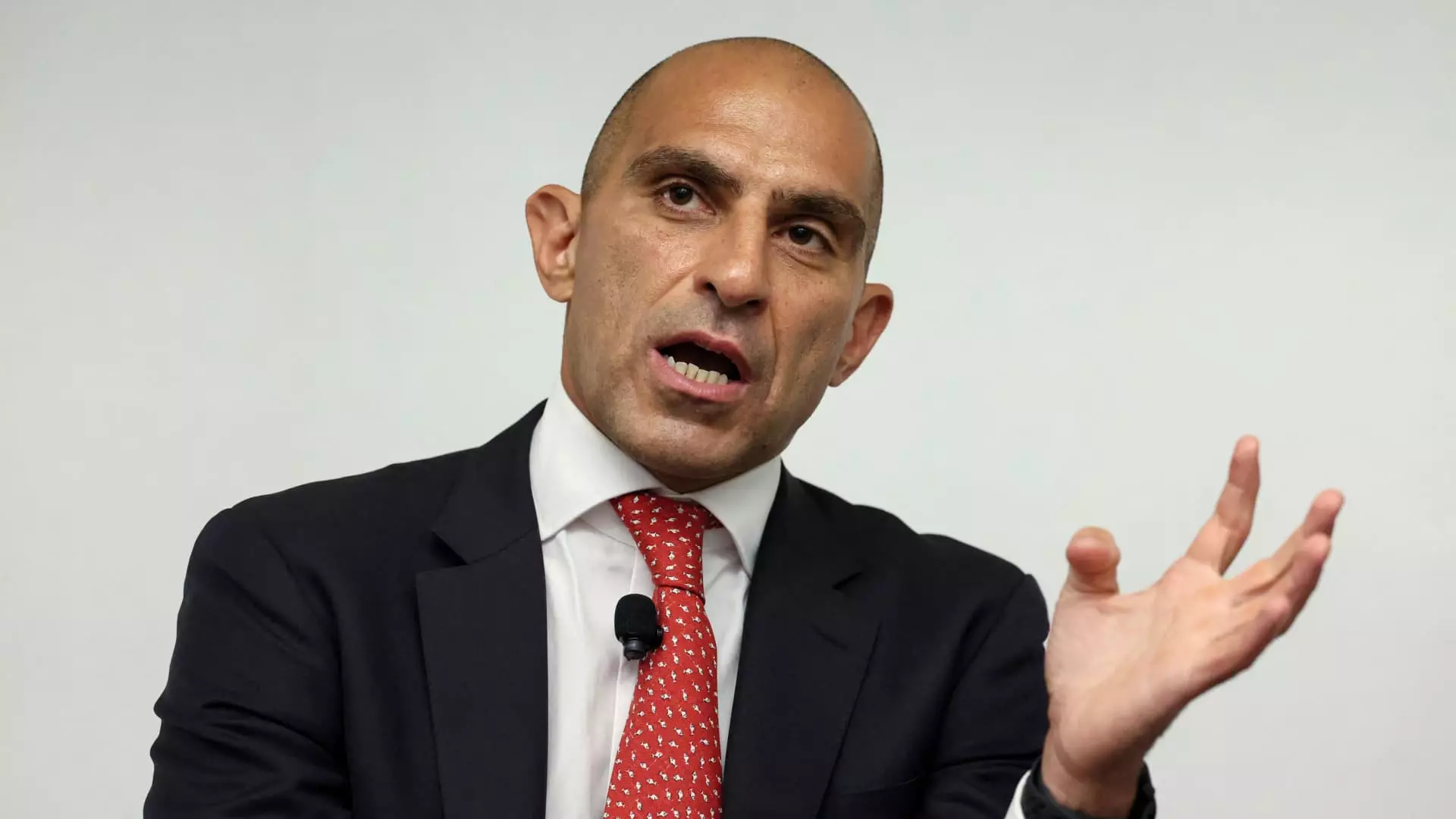The Commodity Futures Trading Commission (CFTC) is currently navigating a tumultuous period marked by significant legal and regulatory challenges. At the heart of these challenges is the agency’s stance on event contracts related to U.S. elections. Recently, the CFTC attempted to restrict a financial exchange, Kalshi, from offering contracts that would allow participants to bet on the outcomes of elections. However, following a ruling against the CFTC’s motion in September, a higher court overthrew a temporary ban that had previously stopped Kalshi from launching its contracts. This ruling is a pivotal moment for the CFTC, as it underscores the ongoing debate surrounding the legality of betting on political events.
Rostin Behnam, chairman of the CFTC, emphasized in a recent interview the agency’s long-standing position against allowing such contracts, stating that it has been consistently held for nearly a decade. Moreover, while the agency remains in litigation concerning this matter, there is a willingness to allow Kalshi to proceed temporarily. Behnam’s remarks highlight the balancing act the CFTC must perform as it seeks to enhance market integrity while grappling with evolving legal frameworks.
Digital Assets: A Growing Concern
Compounding the CFTC’s regulatory challenges is the rapid rise of digital assets. As cryptocurrencies and other digital financial products proliferate, the CFTC recognizes the urgent need for a robust regulatory framework. Behnam has frequently voiced concerns regarding the multitude of scams that have plagued everyday consumers in the digital asset space. His assertion before the U.S. Senate Committee on Agriculture, Nutrition, and Forestry underscores the passive legislative response to these issues. The lack of comprehensive federal legislation leaves consumers vulnerable to financial misadventures, potentially undermining public trust in digital financial systems.
Behnam argues that a clear and effective regulatory structure is not just beneficial—it’s essential. The absence of such regulations places American investors at risk and opens the door for systemic threats to the financial ecosystem. With no established pathway for oversight, incidents of fraud and volatility continue to erode consumer confidence, posing questions about the sustainability of the digital asset market.
The Path Forward: Legislative Action is Crucial
Ultimately, the CFTC’s dilemmas present a critical call to action for lawmakers. A proactive approach from Congress is necessary to forge a legislative framework that ensures consumer safety and promotes integrity in trading practices. This is not merely about protecting investors but also about establishing a financial environment that can adapt to innovations while safeguarding against inherent risks.
As we observe events unfold around the regulatory landscape, one thing is clear: the CFTC is at a crossroads. It must not only react to current legal challenges but also anticipate future developments in both election-related financial products and the digital asset space. The ongoing dialogue about regulatory frameworks reflects a broader need for collaboration between regulatory authorities and legislative bodies to secure a stable financial future for all stakeholders involved.

